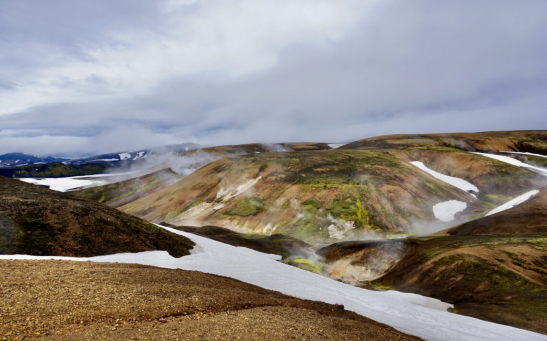Global Cooling
Expert Says the Earth is Actually Cooling
Ted Cruz Compares Himself to Galileo
Study Shows Volcanoes May Be Causing Global Cooling
Most Popular

How Technology Is Changing the Real Estate Industry?

AI Revolution in Medical Education: Transforming How Healthcare Professionals Learn

Nikolay Karpenko Biography, Photo, Career, Accomplishments

Zombie Star Set to Light Up Night Sky: Blaze Star Could Erupt Soon






